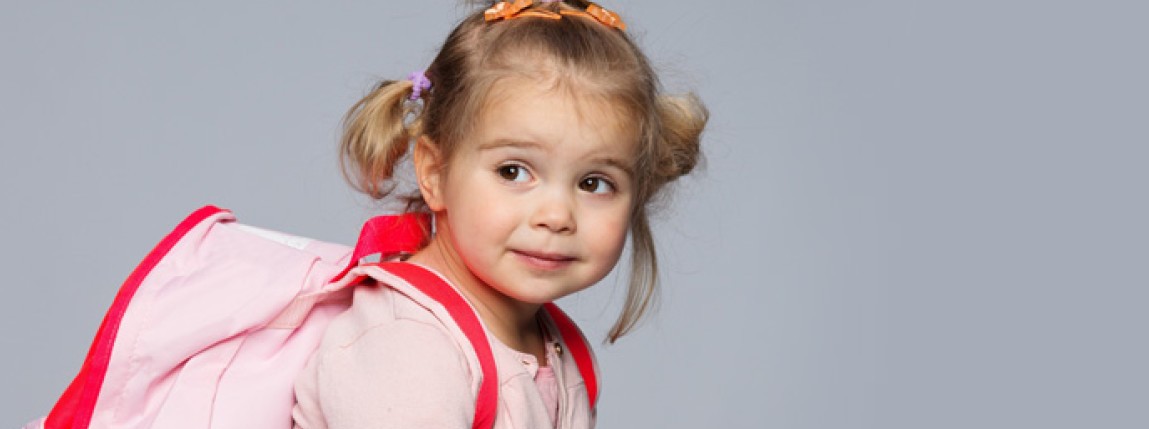Lessons Listened or Learned?
Last week I was chatting with a mom about her 10 year old daughter. She was telling me about how her daughter had recently started complaining that her back was hurting. Mom expressed that she thought her daughter was sincere and that she wasn’t usually a complainer, but that she thought it was odd because she didn’t remember kids complaining of back pain when she was younger.
Actual concern for this child and the growing trend of back pain in kids aside, our conversation turned to the less obvious lessons being taught in this situation. We tell our children (and each other) that it is important to listen to your body. When you experience pain, it is probably your body trying to tell you something. We are quick to encourage our girl friends to take good care of their bodies and to check it out when there is a “squeaky wheel”. This is all great advice, of course, but as you well know, your kid is paying a lot more attention to your actions than to your words!
Here are some suggestions in making sure that your actions are congruent with your words so that the lessons you are deliberately trying to teach your children are the lessons that they are actually learning.
1. Take care of yourself.
Do as I say, not as I do? Good luck with that. If you want to teach your young daughter that caring for her body is important, then you need to practice what you preach. What do you usually do when your body is trying to send you a message? Do you ignore the whispers until it is screaming? Do you complain out loud and then don’t actually do anything about it? Kids are really sensitive to this stuff! Not only are they legitimately concerned for you when you have a headache (and you are definitely a better mom without one!), but they will pattern their own notion of how to take care of themselves based on how they see you taking care of yourself. Model the behaviour that you want to see in your child.
2. Listen to your kid.
If your child is telling you that something is wrong, listen to them. Stop, hear their complaint, acknowledge their experience, thank them for sharing, and then decide what might be the best course of action. Does their knee hurt because they scraped in on the playground? A kiss and a band-aid should do. Are they feeling angry because little brother broke their truck? Learning to explore and label our emotions is a very important skill! Does their back hurt when they do a bridge in gymnastics? That may be worth getting checked out further.
Even if nothing is actually wrong, teaching your child to check it out when something is going on is a skill that will serve them well for the rest of their life. They may go to an appointment (be it with their chiropractor, GP, physio, whatever) and even if everything is ok, they will develop an open relationship with their care providers and they will learn something about their bodies.
Concerned that they will start to milk it or become a hypochondriac? I have only ever seen one kid whose headaches I was fairly sure were a manifestation of mom’s headaches (and that’s a whole other story). I have seen countless other kids who will actually remind their parents when they are “due for a check up” because they notice a difference in how they feel over time. It’s really cool to see how in tune some little people can be with their bodies. Having the conversation over the appropriate response to different problems and the importance of honesty when they are “too sick to go to school” on test day are just other life lessons worth exploring with your child.
3. Examine your inheritance.
What patterns have you developed that have been passed down from your parents? Have you inherited your father’s farm-boy stubbornness? (As long as it is still attached, you’re all good, right?) Have you inherited your mother’s tendency to put others first to the point of neglecting her own health while carrying everyone else’s burdens? How have those attitudes serve them? You may currently be dealing with the health dilemmas of your parents that have resulted from a years of neglect or abuse of their own bodies. Consider how much it pains you to watch them suffer or wish they had sought care sooner. Maybe you aren’t in those shoes, but it is all too common of a scenario. You can break that cycle and begin a new tradition of respecting your whole health and maintaining an open communication line with your body… and your daughter.
I know it’s mostly common sense but sometimes we need a direct reminder to pull our actions in line with our ideals. You will teach your child so much, whether you like it or not and whether you intend to or not. When your kid complains, check in. Take it as an opportunity to live out one of life’s little lessons. And take care of yourself too.

